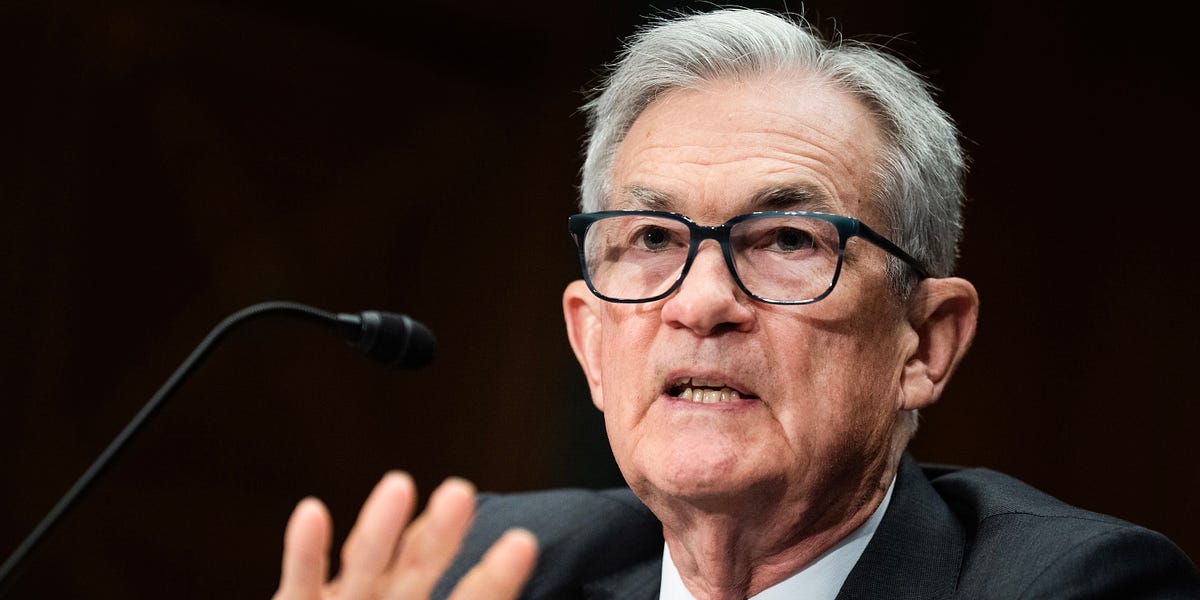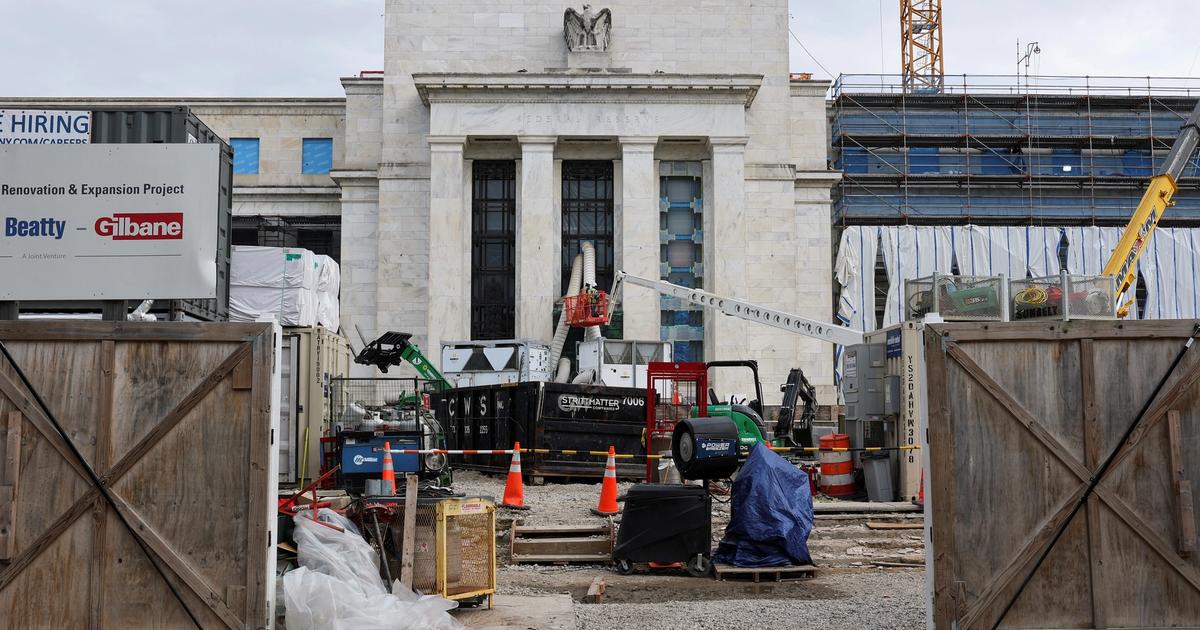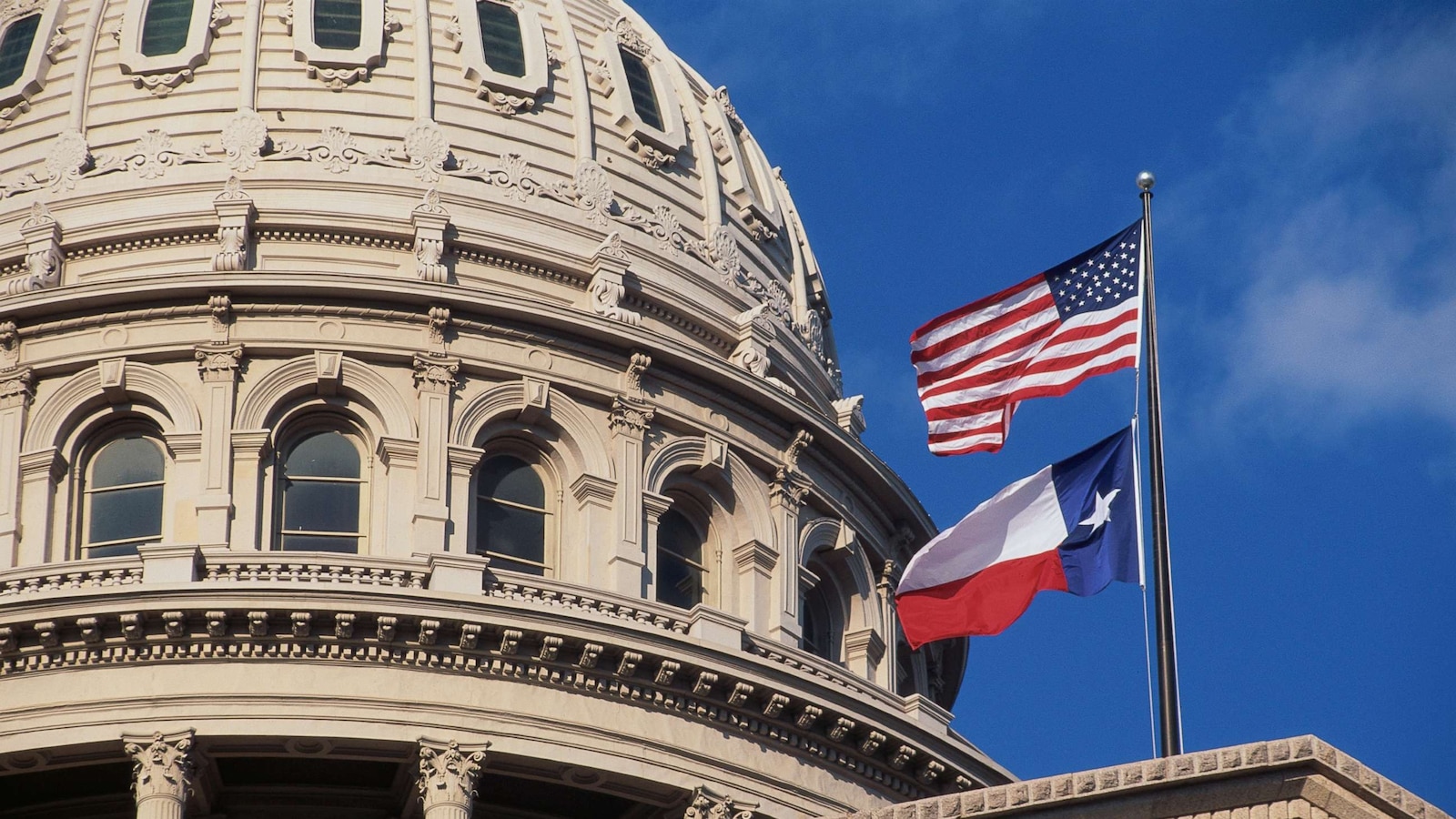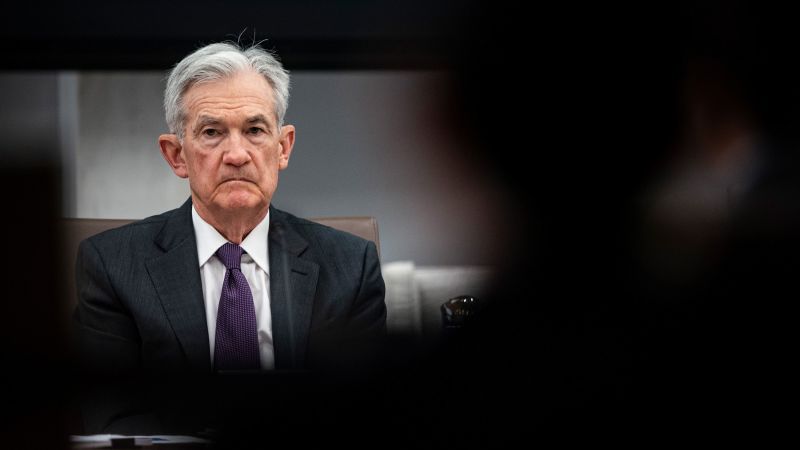T4K3.news
Legal experts debate potential Trump action on Fed Chair
Concerns arise over Trump's authority to fire Jerome Powell as tensions escalate.

The implications of Trump's potential actions against Federal Reserve Chair Powell merit serious discussion.
Trump's Threat to Dismiss the Federal Reserve Chair Raises Legal Questions
Recently, President Donald Trump indicated he might fire Federal Reserve Chair Jerome Powell, citing delays in a building renovation as a pretext. However, his true frustration stems from Powell's refusal to lower interest rates. Experts suggest Trump may not have the legal authority to dismiss Powell without cause, as the Federal Reserve Act requires justification beyond political disagreements. Trump's history shows a pattern of challenging such legal boundaries, potentially jeopardizing the independence of the Federal Reserve.
Key Takeaways
"Legal experts widely agreed that Mr. Trump could not outright fire Mr. Powell before the end of his term."
This highlights the legal challenges surrounding Trump's threats against Powell's position.
"The majority left lower courts scratching their heads as to exactly why it decided as it did."
This reflects the confusion surrounding the recent Supreme Court rulings and their implications.
"If Trump does fire Powell, it is naïve to expect the Court to draw a red line and tell him no."
This warns of the potential for politicization in judicial decisions regarding agency heads.
"The Federal Reserve is a uniquely structured, quasi-private entity."
This ambiguous characterization raises questions about the legal status of the Federal Reserve.
This situation reveals a crucial intersection of politics and law. Trump's disregard for established legal protections risks undermining the Federal Reserve’s independence. By attempting to assert more control over monetary policy, he not only challenges the norms of governance but also sets a concerning precedent for future administrations. Observers should monitor how the Supreme Court behaves in this context, as their decisions could significantly impact the balance of power among federal agencies.
Highlights
- Trump's actions challenge the very fabric of agency independence.
- The legal limits on presidential power may be tested again.
- Will the Supreme Court protect the Fed from political whims?
- This situation could redefine executive power.
Political tensions surrounding agency independence
Trump's threats to fire the Federal Reserve Chair may lead to significant political backlash and legal challenges. The implications for the independence of the Federal Reserve could be profound, affecting investor confidence and monetary stability.
The implications of this dynamic could affect the future of monetary policy and agency independence.
Enjoyed this? Let your friends know!
Related News

Trump refrains from firing Fed Chair amid market concerns

Trump's influence on Fed policy may be limited

Trump threatens Jerome Powell with dismissal

Trump officials plan visit to Federal Reserve

Trump intensifies pressure on Federal Reserve Chair

Trump visits Federal Reserve amid renovation dispute

Bessent warns Trump against potential Powell firing

Texas Republicans plan new congressional redistricting
